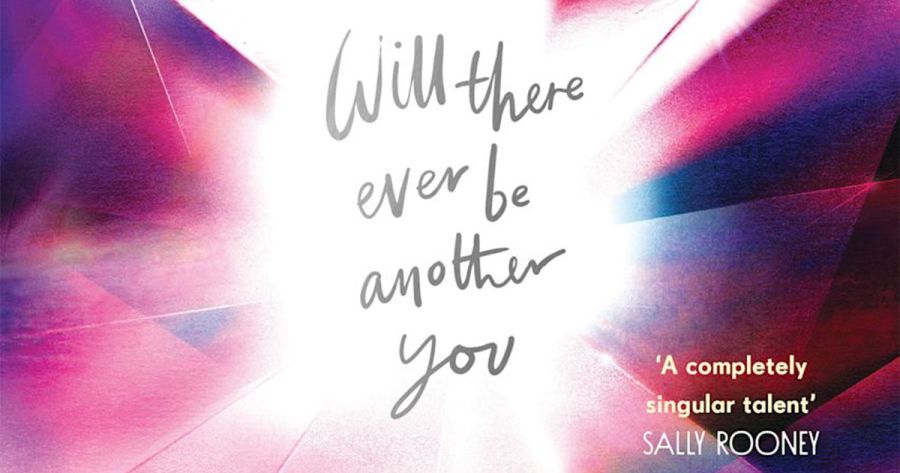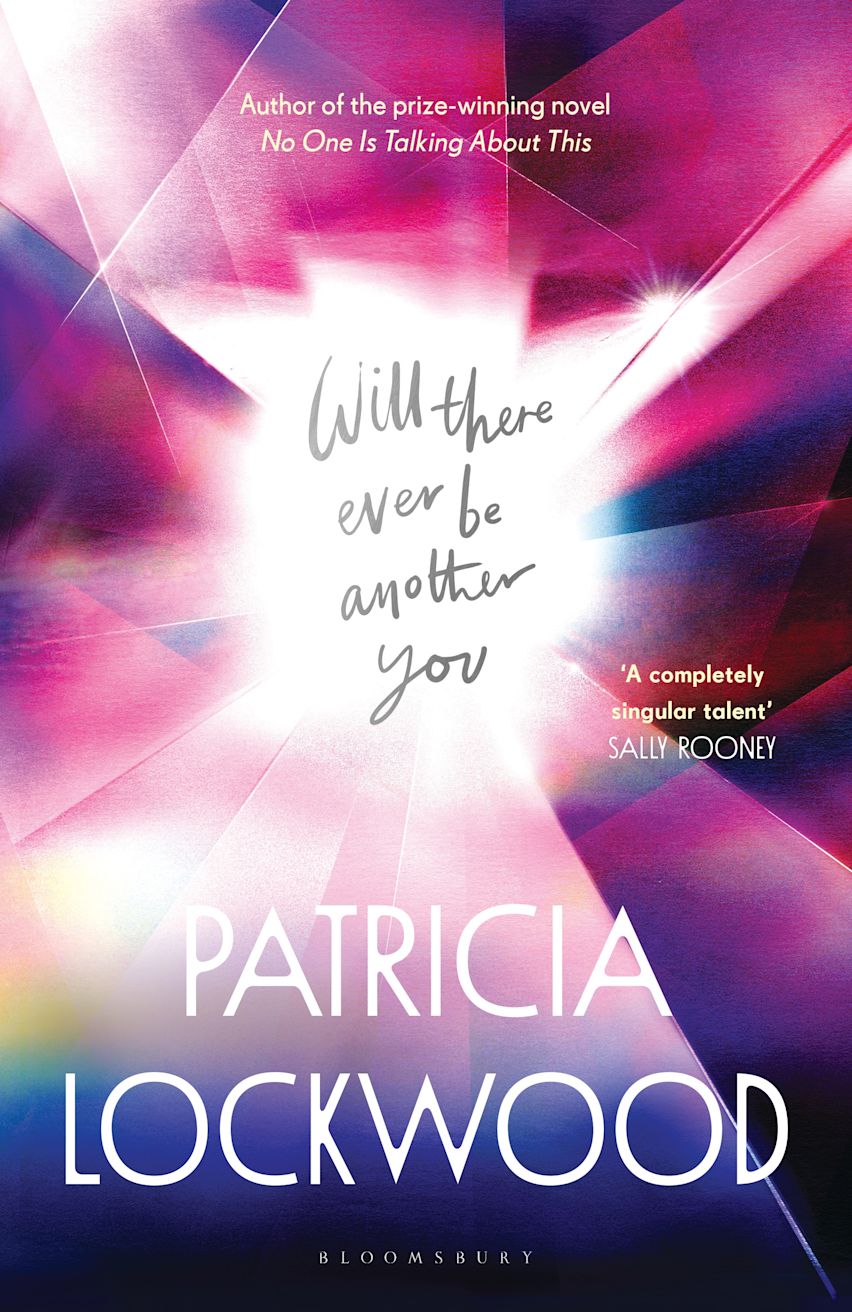
- Free Article: No
- Contents Category: Fiction
- Review Article: Yes
- Article Title: Vascular velvet
- Article Subtitle: Words luminous with anxiety and heat
- Online Only: No
- Custom Highlight Text:
Will There Ever Be Another You is a fever dream of a novel. That is, for much of the novel, the narrator is feverish with Covid-19. Our protagonist, never named, catches it in the first months of the virus’s epic global travels. It seems to have nabbed her on a family trip in early 2020, a journey undertaken after the death of her infant niece. Lockwood’s previous novel, No One Is Talking About This (2021), told the story of how the child’s life and death had propelled the protagonist out of her life in the ‘portal’ into the fleshed world of birth, illness, and love. Lockwood’s ‘portal’ is her designation for the internet, and the first half of No One Is Talking About This conveyed the rich shallowness of online life.
- Book 1 Title: Will There Ever Be Another You
- Book 1 Biblio: Bloomsbury, $32.99 pb, 248 pp
- Book 1 Cover Small (400 x 600):

- Book 1 Cover (800 x 1200):

- Book 1 Readings Link: https://www.readings.com.au/product/9781526689214/will-there-ever-be-another-you--patricia-lockwood--2025--9781526689214#rac:jokjjzr6ly9m
Lockwood had built much of her reputation with her adroit and surrealist tweets. In her previous novel she conveyed with startling accuracy the internet’s push and pull and its deranging temporality. She expertly used cadence to show how the ‘portal’ makes us urgent and lazy in equal measure. Neither urgency nor passivity, however, proved to be any use when responding to the fact of her sister’s little girl, born with a condition that meant that her time with them would be brief. The second half of the novel had the narrator emerging from the ‘portal’, squinting into the light, and dwelling in the immutability of bodily reality and the consolations of the fierce love that attaches to those bodies.
At the start of Will There Ever Be Another You we seem to be in a sequel, though even that is not clear. The narrator has travelled with her extended family to Scotland. There, they encounter a mystical landscape of fairies and the exotic soft drink Irn-Bru. Her determinedly Midwestern mother makes repeated, foolish attempts to order iced tea. Their vacation is represented as a combination of National Lampoon’s Vacation (1983) and sacred pilgrimage, all expressed in Lockwood’s artfully naïve prose that enables her to hold the tension between her family’s ludicrousness and their plaintive grief. The narrator’s firm holding voice, however, unravels with the onset of Covid-19, and we are no longer in an easy relationship with the previous novel.
We move into the psychic life of the virus, expressed with illumination in its most literal sense. Her words are luminous with anxiety and heat, and she fixes fitfully on concepts or metaphors or sensation without hinging them to plot or resolution: ‘memories that are allowed to run on inside you maintain a kind of vascular velvet, a receptive lushness that stirs with the grass, air in every pore.’ The reader has little to hold on to as the prose ranges with inchoateness. Her thoughts are half-expressed, her sensations are deeply felt but elusive in the explanation. Lockwood writes: ‘Cycles that had once taken ages were now instantly completed; breath burst the balloons of words; the time lapse of everything bloomed painfully at the limits of my head.’
Lockwood’s feverish prose explores how temporalities collapse and bodies develop a strange porosity when ill: ‘Headache, I would write, though it was never located within – it was more that I joined some headache outside me.’ Lockwood, however, does not provide a sense of narrative omniscience that would help the reader understand what is transpiring, except to mention the ‘virus’ obliquely. We are plunged into her ruminations which range all over the place: Descartes, Cabbage Patch Kid dolls, Anna Karenina, White Christmas (1954), David Bowie, Stravinsky, the Capitol riots, Walter Benjamin – to name a few.
The third and final section of the novel is taken up with the sudden illness of the narrator’s husband who collapses on a plane flying between the United States and the United Kingdom. Rapidly diagnosed with an intestinal obstruction on arrival in London, he is rushed to hospital for surgery. In his recovery he matches his wife’s free association with his own morphine-induced ramblings. He writes meditations on his phone: ‘The God Layer is occupied by a single entity called God, whose materiality stretches infinitely and fills its whole layer.’ Later, husband and wife will lavish attention on his wound with the same devotion that medieval Christians afforded to the broken body of Christ. They have both become mystics but, this being Lockwood, their apophatic apprehensions are as likely to occur in Costco as in a cathedral. This book is a wild ride.
This novel offers moments of hilarity, scenes of rich drama, and a dazzling number of references. It is determined to be less than the sum of its parts. It is deliberately perverse, refusing to hang together. Lockwood is not arguing that the centre cannot hold: she is showing that it does not hold. In so doing, she asks a great deal of her readers. I found myself relying heavily on the many interviews that Lockwood has given, as well as on her pieces in the London Review of Books, to moor my reading of this novel. Without this supplementary reading I would have been lost in charting even these minimal plot details. The extra effort was worth it for me, but it seems a risky strategy on the part of an author to provide so little a sense of what is going on. Perhaps the last word should go to one of the narrator’s readers, who is quoted in Will There Ever Be Another You, and who conveys the challenge of this wonderful, confusing book.
‘I’m trying,’ my agent says, reading the first new pages, but she can’t quite follow. ‘It needs something, some detail. Like one time I was on a bus with a dog that I thought was really deformed – like for three hours I’m thinking that this dog is really deformed – and at the end of the trip it unfolded itself and it had just been sitting in a really weird way?’ She’s right, it does need something like that.


Comments powered by CComment